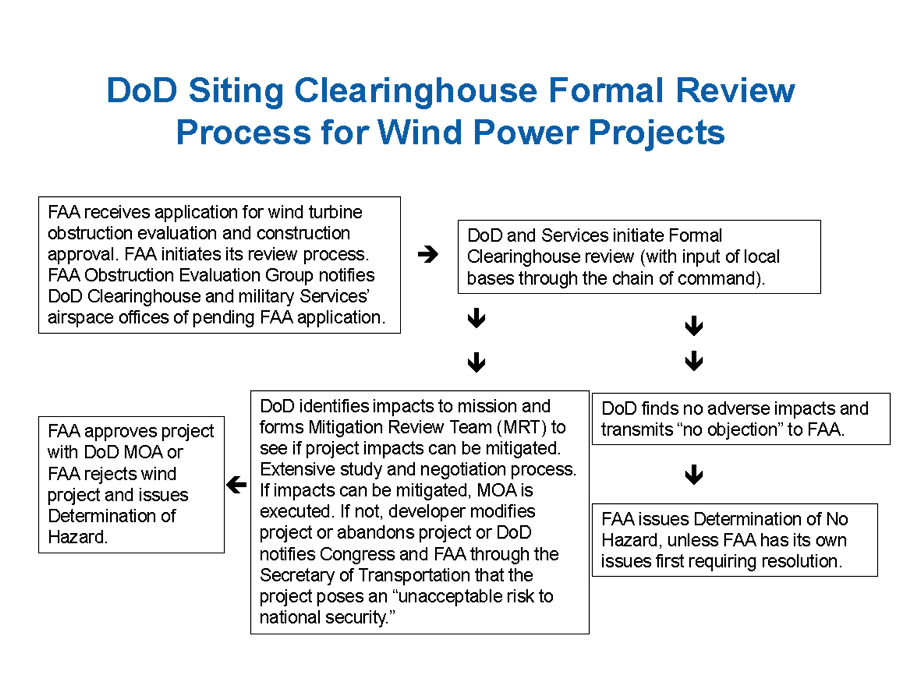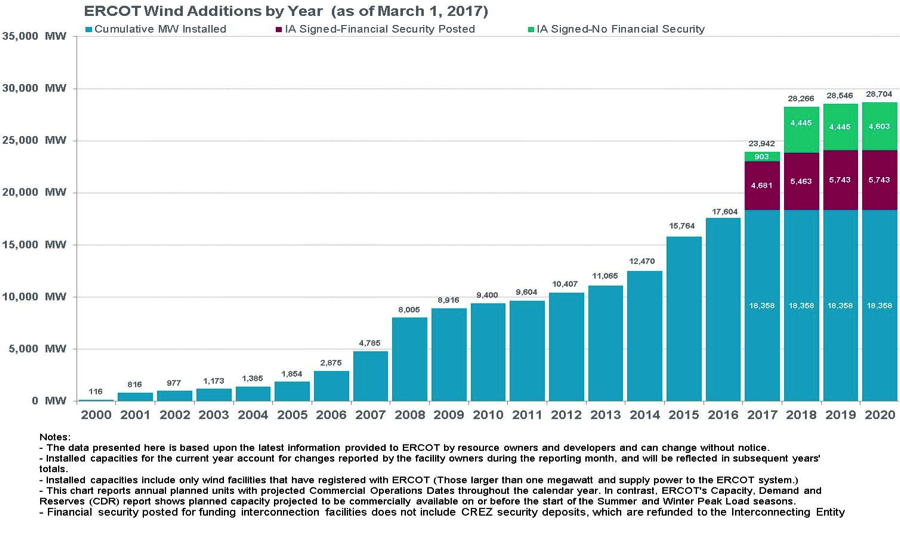
On a 4-3 vote, the Veteran Affairs and Border Security Committee of the Texas Senate passed the anti-wind, job-killing SB 277. Sen. Donna Campbell (R-San Antonio), Chair of the committee was joined by Senators Bob Hall (R-Canton), Eddie Lucio Jr. (D-Brownsville), and Dawn Buckingham (R-Lakeway). A strange coalition of Sen. Jose Rodriguez (D-El Paso), Sen. Donald “Don” Huffines (R -Dallas), and Sen. Carlos Uresti (D-San Antonio) voted against the bill.
A solution in search of a problem
Under the provisions of SB 277, no wind developer located within 30 nautical miles of a military base with aviation equipment could receive a tax credit under the state’s Economic Development 313 program, which can provide 10-year school property tax breaks in return for investments and job creation in a local community. While Campbell pointed out that her bill does not prevent wind development, several wind companies and the Wind Coalition pointed out that some 40 percent of all wind development in Texas has been within 30 nautical miles of military bases, and billions of dollars of future development are at risk if the bill becomes law. Essentially, wind development is unlikely to occur in areas where property tax abatements are not offered since each wind turbine costs more than $2 million to install. Indeed, under questioning by Sen. Rodriguez, proponents admitted that the 30 nautical miles was not scientifically based, but simply based on what they had found could potentially impact radar equipment in one particular case. However, the Department of Defense has a policy to look at wind development on a case-by-case basis that does not involve a one-size fits all approach.
In supporting the bill, Campbell and Lucio highlighted what they believed was the incompatibility between certain wind development and Navy and other armed forces training facilities that could impact flight patterns or radar equipment. Lucio in particular was concerned that the presence of wind farms could impact the viability and expansion of a military facility in his district.
Nevermind that since 2011, all wind developers are required to seek approval from the Federal Aviation Administration and consult informally and formally with the Department of Defense (see process graphic below). In fact, both issues referenced by military proponents of the bill - a base in Corpus Christi and a Navy training facility in South Texas -- actually involve wind facilities which have yet to be constructed where the consultation with DoD is ongoing to see whether either the issues can be mitigated or would actually undermine national defense. In other words, the process is working as it should and taking away tax breaks for wind development will not have any influence on that process, other than making it uneconomical for wind development under the arbitrary exclusion zone created by the bill.

Image source: Wind Coalition
ERCOT yet another layer of protection
In testimony opposing SB 277, the Sierra Club pointed out that ERCOT had added an additional layer of protection in 2016 through its stakeholder process to ensure that wind farms do not impact military (or commercial) aviation. Because every electric generator in Texas must enact a full interconnection study before they can reach an agreement to interconnect to the electric grid, ERCOT stakeholders enacted a Planning Guide Revision Request (PGRR) in 2016 that requires all wind generators to send in documents ensuring that they had consulted with both the FAA and DoD. Only when these documents are received can generators begin the lengthy process to obtain an interconnection agreement with the wires companies that connect wind to the grid to sell their electricity.
In testimony, Conservation Director Cyrus Reed suggested to Sen. Campbell that rather than a blanket prohibition on tax breaks within 30 miles, the Senator and military officials should seek to improve the DoD clearinghouse process to ensure that all their concerns are addressed. Furthermore, Texas could prohibit tax breaks for any wind farms that ignored the law, and did not get clearance from the DoD and FAA.
Unfortunately, Sen. Campbell ignored the idea.
The bill now goes onto the full Senate for a vote unless enough senators refuse to allow the bill to come up for a vote.
The Sierra Club urges the Texas Senate to kill this job-killing anti-wind bill. Take Action Now To Stop This Bill!
With some 12,000 megawatts of wind in the development queue in Texas, the bill could negatively impact approximately half of these projects, and most would never get built if the bill becomes law.

Take Action. Tell the Senate to vote NO on SB 277.